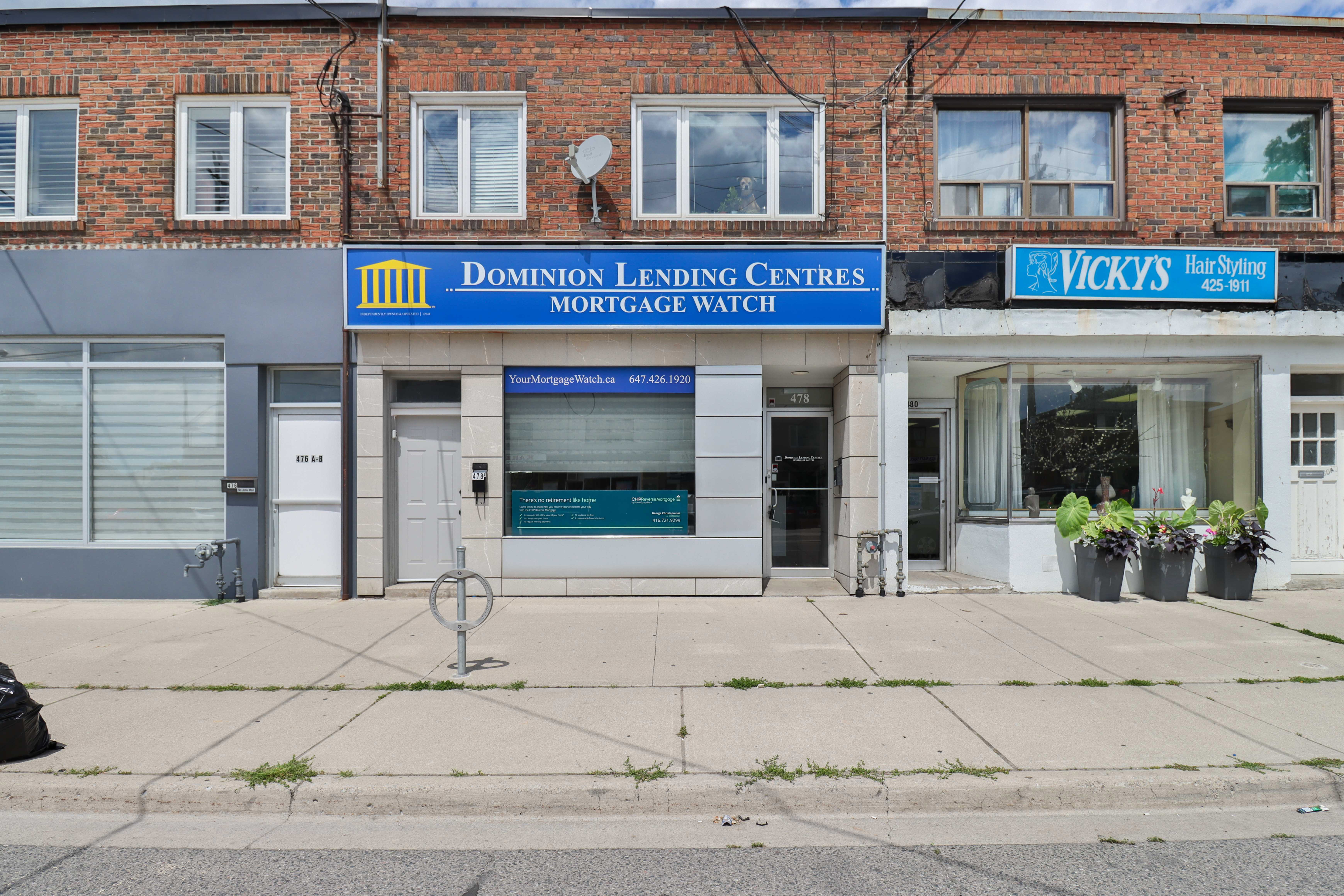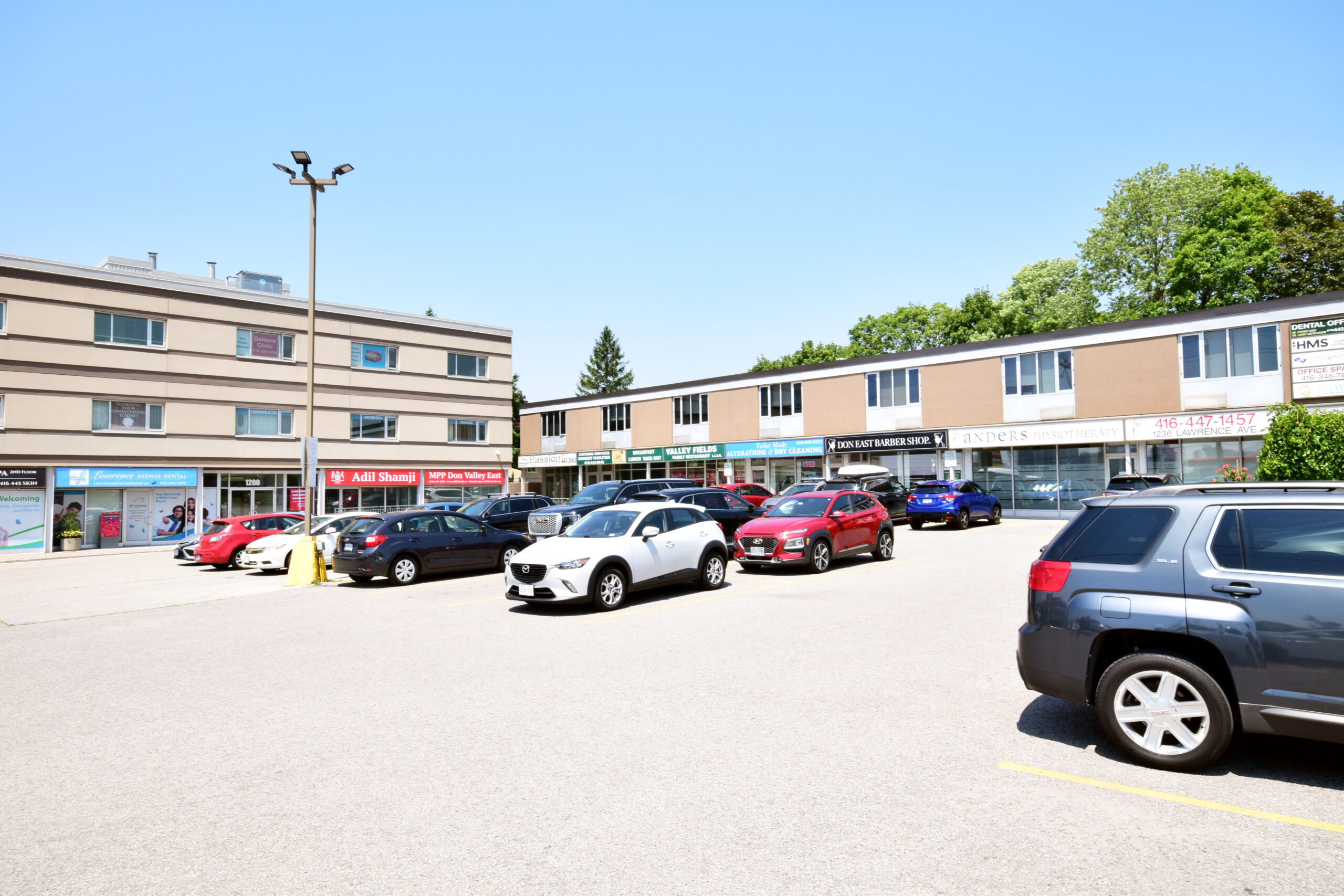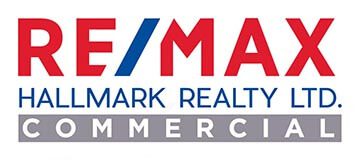Riocan Off To 'Strong Start' In Quest To Sell Interests In Its Apartment Holdings

Riocan Off To ‘Strong Start’ In Quest To Sell Interests In Its Apartment Holdings
RioCan Real Estate Investment Trust is looking to sell some of its major rental apartment holdings, a strategy Canada’s oldest real estate investment trust is implementing as activity in the overall housing market slows.
Jonathan Gitlin, president and CEO of RioCan, told analysts during a conference call to discuss its quarterly earnings that the retail landlord plans to sell off properties it owns under its brand, RioCan Living.
Toronto-based RioCan, which was founded in 1993, launched a residential arm in 2018, in part looking to increase density on its retail sites at a time when housing prices had exploded amidst affordability issues.
“Over the next 12 to 24 months, provided we can achieve prices that approximate IFRS (International Financial Reporting Standards) values, we will sell our interests in RioCan Living residential rental assets, and we’re off to a strong start,” Gitlin said on the call.
The REIT has agreed to sell its 50% interest in Brio in Calgary, part of a University City building cluster located at 3802 Brentwood Road NW. Gitlin said the deal terms are firm, and RioCan expects it to close in the coming months. No price was given.
RioCan’s decision to sell interests in its RioCan Living residential portfolio comes as Canada’s largest real estate board reported sales of existing homes in April were down 23.3% from a year earlier. The Toronto Regional Real Estate Board, or TRREB, said the average selling price last month was $1,107,463, down by 4.1% compared to April 2024.
TRREB also reported that April condominium apartment sales were off 22% from a year ago. A large percentage of condo apartments are owned by investors and ultimately end up being rented out. Although TRREB said the housing market could improve if discussions between Prime Minister Mark Carney and U.S. President Donald Trump about tariffs prove fruitful.
“Following the recent federal election, many households across the (Greater Toronto Area) are closely monitoring the evolution of our trade relationship with the United States,” said Elechia Barry-Sproule, president of the board, in a commentary. “If this relationship moves in a positive direction, we could see an uptick in transactions driven by improved consumer confidence and a market that is both more affordable and better supplied.”
In the Vancouver area, residential sales totalled 2,163 in April, a 23.6% decrease from the 2,831 sales recorded in April 2024, the real estate board said. It was 28.2% below the 10-year seasonal average.
Homebuyers wait out the storm
“What’s also unusual is starting the year with Canada’s largest trading partner threatening to tilt our economy into recession via trade policy, while at the same time having Canadians head to the polls to elect a new federal government,” said Andrew Lis, director of economics and data analytics with the Greater Vancouver Realtors in a commentary. “These issues have been hard to ignore, and the April home sales figures suggest some buyers have continued to patiently wait out the storm.”
Montreal bucked the downward home sales trend with 5,126 transactions closing in April, a 10% increase over the same period last year, according to the Quebec Professional Association of Real Estate Brokers.
As for RioCan, CEO Gitlin said its residential brand will continue to be part of the REIT’s operations. He said RioCan Living holdings are unique because they are so new and require low capital expenditures, making demand strong.
“They are not subject to rent control and therefore have strong growth profiles, Gitlin told analysts. “They’re in major markets and have transit at their doorsteps. These characteristics are generating interest from buyers and will continue to do so in the future.”
In a securities analyst report, CIBC World Markets said there was some expectation of RioCan’s residential decision, but its timing surprised analysts at the firm.
“The staged exit from the residential rental business was and has been something management has alluded to for some time; however, the announcement was arguably not expected to occur this early,” the analysts said in a report. “We believe investors will ultimately reward the decision as nearly $1 billion of lower cap rate assets are sold and the net proceeds used to pay down debt and repurchase units at a significantly higher implied cap rate.”
RioCan also said yesterday it is taking a $209 million write-down on its joint real estate investment with Hudson’s Bay Co. following the retailer’s decision to file for credit protection.
“As you’re aware, the situation is fluid, and it’ll take time before there’s certainty on the outcome of all of the assets in the JV partnership,” said Gitlin about HBC, a tenant at some RioCan properties. “At this time, it appears clear that there is no wholesale option that will result in the ongoing continuation of the business on the same scale as HBC operated before its CCAA filing,” referring to the Companies’ Creditors Arrangement Act.
“We took a substantial write-down of the equity value of our HBC interest on the basis that we don’t foresee an outcome that results in the payment of our current rents.”
Source CoStar. Click here for the full story.











